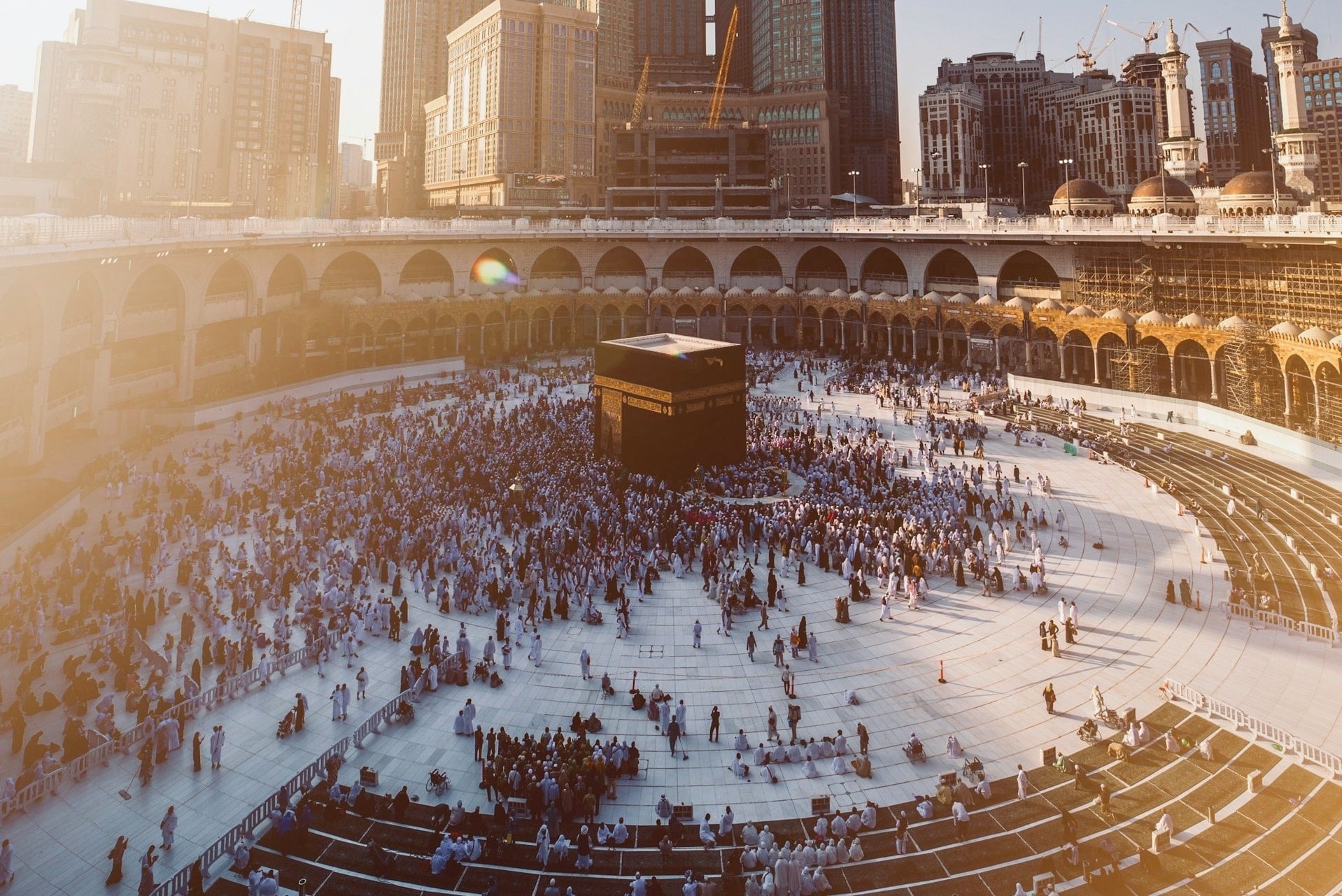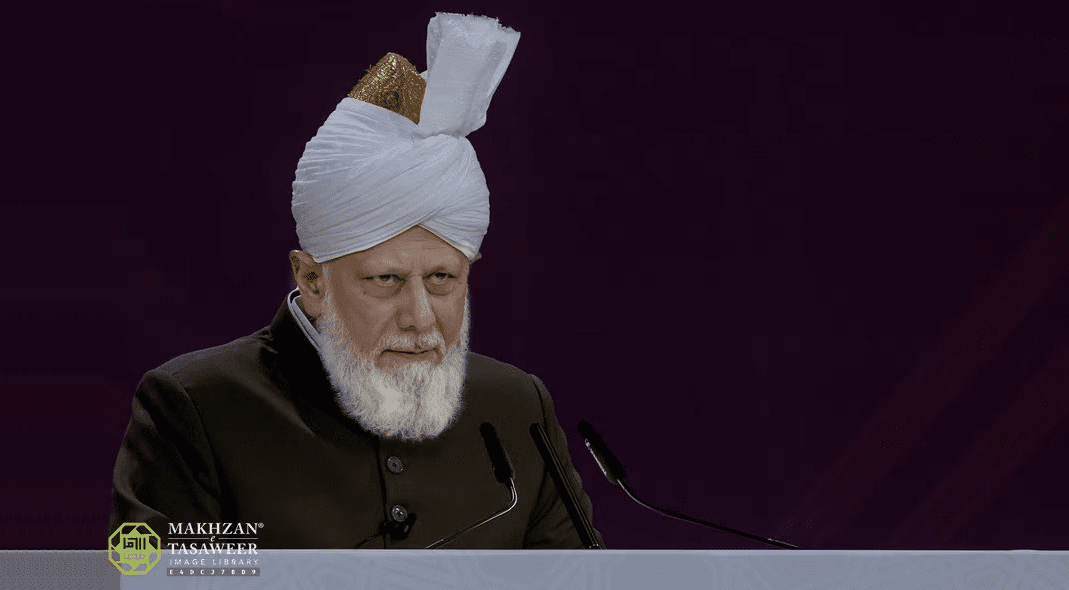Repentance is not a license to sin; it is the key to righteousness. True repentance is that which encourages man to refrain from evil deeds and engage in virtuous acts.
ZUNAIRA MAHMOOD, QADIAN
JULY 18, 2020
God created human beings with a tendency to err. Man by nature is often likely to make mistakes and commit sins as Allah states in the holy Quran:
And man has been created weak[1]
In other words, without the helping hand of God, man would end up committing different sins. This is because man, in his life, is encountered with opportunities where he may stumble and fall prey to different kinds of wrongdoings. The Promised Messiahas says:
It is evident that in the face of countless forms of negligence, obscurity, onslaughts of the self, remissness, weakness, ignorance and darkness that glooms the way, as well as occasions where one stumbles, and due to constant peril, temptation and ever-abounding worldly afflictions and misfortunes, man naturally feels at heart that he stands in need of a mighty hand which can draw him out of all such evils.[2]
Hence, man should always seek help from God through Istighfar. The word Istighfar is derived from ghafr, which means to conceal. In Islamic terms, Istighfar means to repent i.e. to constantly seek God’s forgiveness by invoking His mercy and pray for His support, protection and succour.
Allah desires from man to repent and turn back to Him and He does not wish to punish him. He says:
Why should Allah punish you, if you are thankful and if you believe? And Allah is Appreciating, All-Knowing.[3]
The ultimate purpose of repentance is to get rid of evil. Man is supposed to not despair of Allah’s mercy as desperation drives him to commit more wrongdoings. When man thinks that his sins are unforgivable, he will consider any effort to implore God’s forgiveness to be futile, ultimately leading to committing more sins.
Hence, Allah has kept the doors of forgiveness open at all stages so that man does not lose his hope and abandon the path of righteousness. Allah always forgives man’s sins provided that he sincerely repents and turns away from evil. Allah says:
Say, _O My servants who have committed excesses against their own souls! despair not of the mercy of Allah, surely Allah forgives all sins. Verily He is Most Forgiving, Merciful. And turn ye to your Lord, and submit yourselves to Him, before there comes unto you the punishment; for then you shall not be helped.[4]
This is further illustrated by a story in a tradition of the Holy Prophetsa. He says:
Amongst the men of Bani Israel there was a man who had murdered ninety-nine persons. Then he set out asking (whether his repentance could be accepted or not). He came upon a monk and asked him if his repentance could be accepted. The monk replied in the negative and so the man killed him. He kept on asking till a man advised to go to such and such village. (So he left for it) but death overtook him on the way. While dying, he turned his chest towards that village (where he had hoped his repentance would be accepted), and so the angels of mercy and the angels of punishment quarrelled amongst themselves regarding him. Allah ordered the village (towards which he was going) to come closer to him, and ordered the village (whence he had come), to go far away, and then He ordered the angels to measure the distances between his body and the two villages. So he was found to be one span closer to the village (he was going to). So he was forgiven.[5]
Hence, the God presented by Islam is the one Whose mercy transcends all other attributes.
Allah further says:
O ye who believe! turn to Allah in sincere repentance. It may be that your Lord will remove the evil consequences of your deeds and make you enter Gardens through which rivers flow, on the day when Allah will not abase the Prophet nor those who have believed with him.[6]
This means that a true and sincere repentance will erase sins that preceded it. That is not to say that it is a license to commit sin and then get rid of punishment. On the contrary, true repentance is only that which encourages man to refrain from the evil deeds he used to commit. The Promised Messiahas has shed light on this topic. He says:
Repentance means that a person should discard a vice with the resolve that thereafter, even if he is thrown into the fire, he would not commit that vice. When man turns towards God Almighty with such sincerity and firm resolve, then God, Who is Benevolent and Merciful, forgives him that particular sin.[7]
The worldwide head of the Ahmadiyya Muslim Community, Hazrat Mirza Masroor Ahmadaa further elaborates this point saying:
Sincere repentance requires three things. Firstly, each evil first takes shape in one’s mind. Therefore unless one purifies one’s mind, repentance cannot be sincere….. Secondly, if somehow… a bad thought does come, one should get rid of it and feel remorseful about it….. Thirdly, one who repents should be resolute in his objective of refraining from all kinds of evil.[8]
Islam does not limit the expanse of God’s forgiveness to its followers. The Promised Messiahas says.
The Christians also believe in repentance, but on condition that the person who repents should be a Christian. Islam lays down no condition for repentance. The repentance of the followers of every faith can be accepted leaving out only the sin of denying the Book of God and His Messenger.[9]
Hence, repentance is a great blessing of Allah upon man. It is the pure water which cleanses our soul. May Allah make us among those who truly repent; may we forever continue to inherit His favours. Amin.
References:
[1] Holy Quran 4: 29
[2] Honour of the Prophets (Ismat-e-Anbiya) p. 2
[3] Holy Quran 4: 148
[4] Holy Quran 39: 54-55
[5] Sahih Bukhari Kitab Ahadithul Anbiya
[6] Holy Quran 66: 9
[7] Chashmai Ma’arafat -Ruhani Khazain vol. 23. p. 181, Essence of Islam vol .2 .p. 235
[8] Friday Sermon 19 September 2008
[9] Chashmai Ma’arafat -Ruhani Khazain vol. 23. p. 181, Essence of Islam vol .2 .p. 235-236













0 Comments